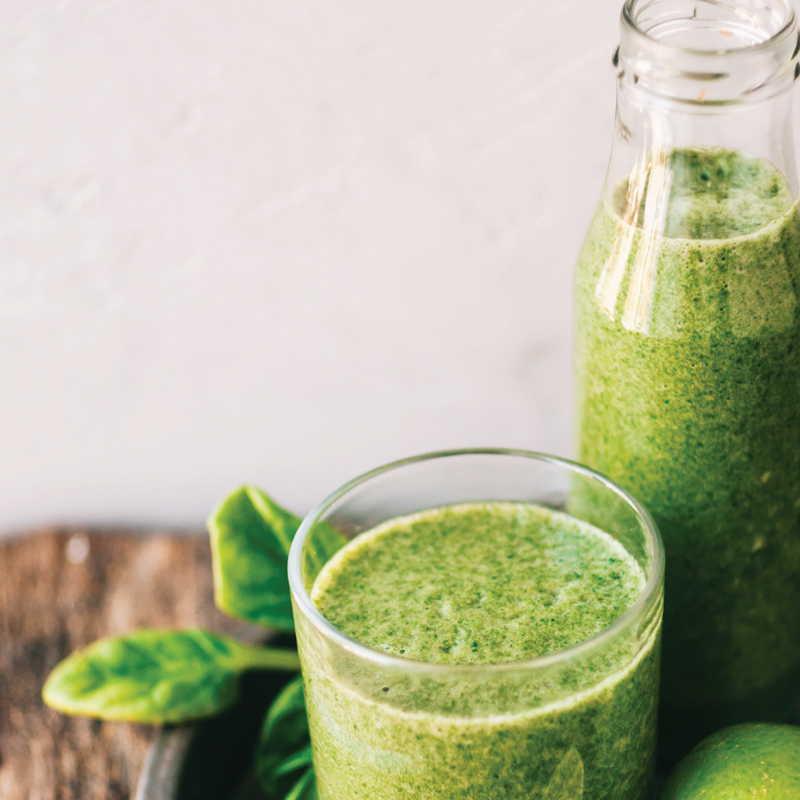
The Benefits of Fish Oil
What is Fish Oil? And what are the benefits of fish oil?
Fish oil is a generalised term for Omega 3 essential fatty acids. We derive fish oil from oily fish species, however Omega 3 actually originates in microalgae. Microalgae are phytoplankton, tiny microscopic algae that are found in marine ecosystems. Microalgae are a major food source for most marine species and this consumption of the algae deposits in the scales of fish in larger amounts.
Omega 3 is a polyunsaturated fatty acid and what we deem an ‘essential fatty acid’. This means that this particular nutrient is incredibly important for our physiological functioning and overall health, however our body isn’t able to make it on its own, so we have to source it from our food. Unfortunately, the modern Western diet has changed over time to be high in saturated fat, which is predominantly found in processed foods and low in Omega 3, which is found in fish, nuts, seeds, microalgae and seaweed.
The difference in Omega 3
There are several types of Omega 3 fatty acids, however scientific research primarily focuses on just three – alpha linoleic acid (ALA), eicosapentaenoic acids (EPA) and docosahexaenoic acids (DHA). ALA is a plant-based Omega 3, present in plant oils like flax and soybean, as well as walnuts, chia and hemp seeds. EPA and DHA are present in fish, fish oils, krill oil and microalgae. When we eat ALA food sources, our body converts it into EPA and then DHA and we need this conversion to occur to gain the beneficial effects of Omega 3. The problem is the conversion rate of ALA to EPA and DHA is very limited. Research has shown the conversion of ALA to EPA is as low as 2% and EPA to DHA can be as low as less than 1%! So, whilst wholefood sources such as chia seeds and hemp seeds are nutritious in so many ways, their Omega 3 content is not as readily available as when we consume Omega 3 sources such as fish, fish oil and algae.
What are the benefits of Fish Oil (Omega 3)?
Now that you understand what an Omega 3 is, let’s find out what they actually do and why they are so important. The key Omega 3’s we require are EPA and DHA, this is due to their superior bioavailability compared to ALA. This means our body will absorb and use these Omega 3’s directly, no conversion required. Omega 3 or fish oil supplementation has been touted for its anti-inflammatory properties for decades and in a nut shell, reducing inflammation is a big part of what Omega 3 does, however it really is a super nutrient when it comes to overall health.
- Crucial for brain health to support brain function, cognition and memory
- Potent anti-inflammatory; reduces oxidative stress and improves cellular function through gene expression
- Improve cardiovascular health through anti-inflammatory properties
- Important for foetal development during pregnancy and has been linked to a decrease in immune response in infants, particularly relating to allergies
- Reduce joint pain and stiffness in inflammatory conditions such as Rheumatoid Arthritis and Osteoarthritis
- Enhances visual development and eye health
Why you need fish oil
Based on the above health benefits I would recommend everyone take fish oil, however there are many factors that affect our need for Omega 3 and unfortunately some are unavoidable. They include:
- Ageing
- Stress
- Chronic immune infections
- Chronic diseases
- Alcohol consumption
- Diets high in saturated fats and trans fats
Common misconceptions about fish oil:
Any old fish oil will do!
- Quality matters when it comes to buying fish oil. Off the shelf brands of fish oil that appear to be a bargain often contain high amounts of heavy metals and pesticides and are often rancid. If you were to cut open one of these capsules and smell fish, this would indicate the oil inside has oxidised. This oxidation when consumed is counterproductive as it is highly inflammatory.
I can get all my Omega 3 requirements from chia seeds and flax seeds!
- As I mentioned above, chia seeds and flaxseeds are full of nutritional value. They are both a great source of soluble fibre, protein and Omega 3. However, it is important to remember they contain ALA only and unfortunately our bodies have a limited capacity to convert ALA into EPA and DHA. So, whilst both seeds are fibre packed wholefoods, it’s probably not useful to rely on these seeds alone for your Omega 3 intake.
I eat fish once a week, that should be enough!
- 80% of Australians fail to meet their Omega 3 requirements. Our current way of living is highly inflammatory from the food we eat, to the stress in our day to day, even the environment we live in and for this reason alone, eating fish regularly is probably not enough to meet your Omega 3 requirements.
Think you might need to top up on your Omega 3? Phone the clinic on 02 4961 4975 and speak with our friendly Herb Bar Naturopaths, they can recommend high quality, practitioner only Omega 3 supplements, we offer both therapeutic fish oil as well as algal oil for our plant-based friends!
Yours in health,
Samantha Wilson







